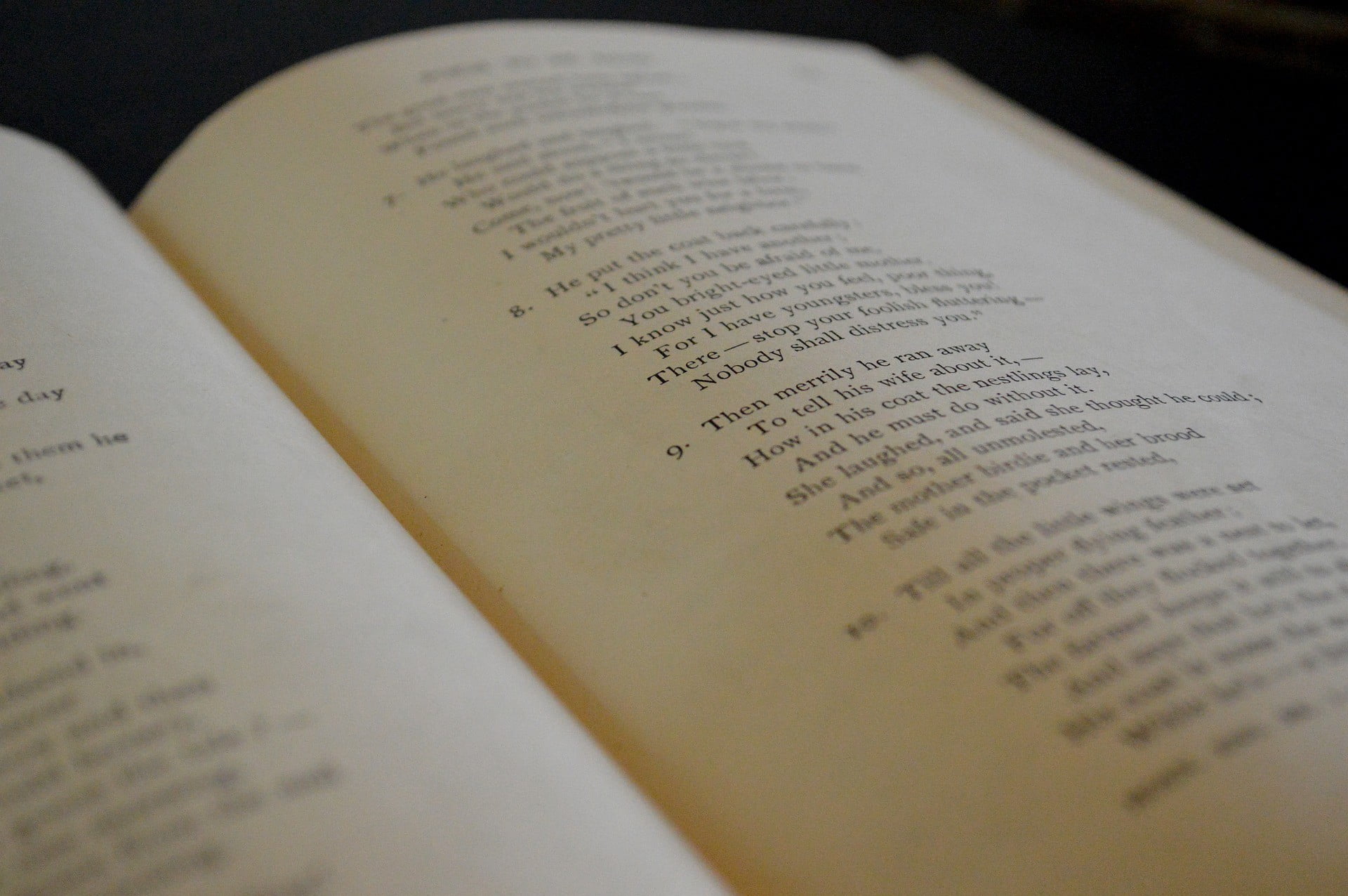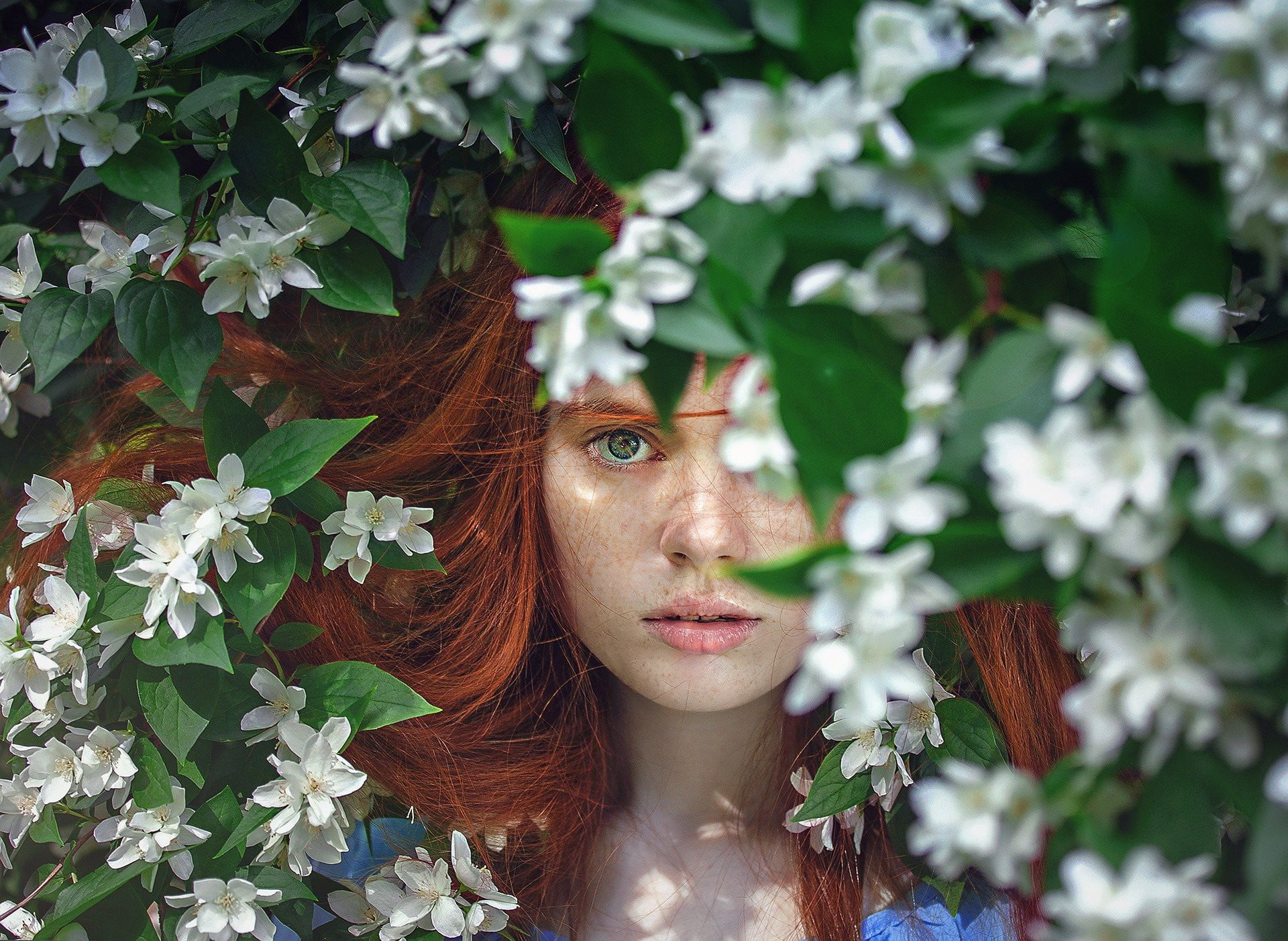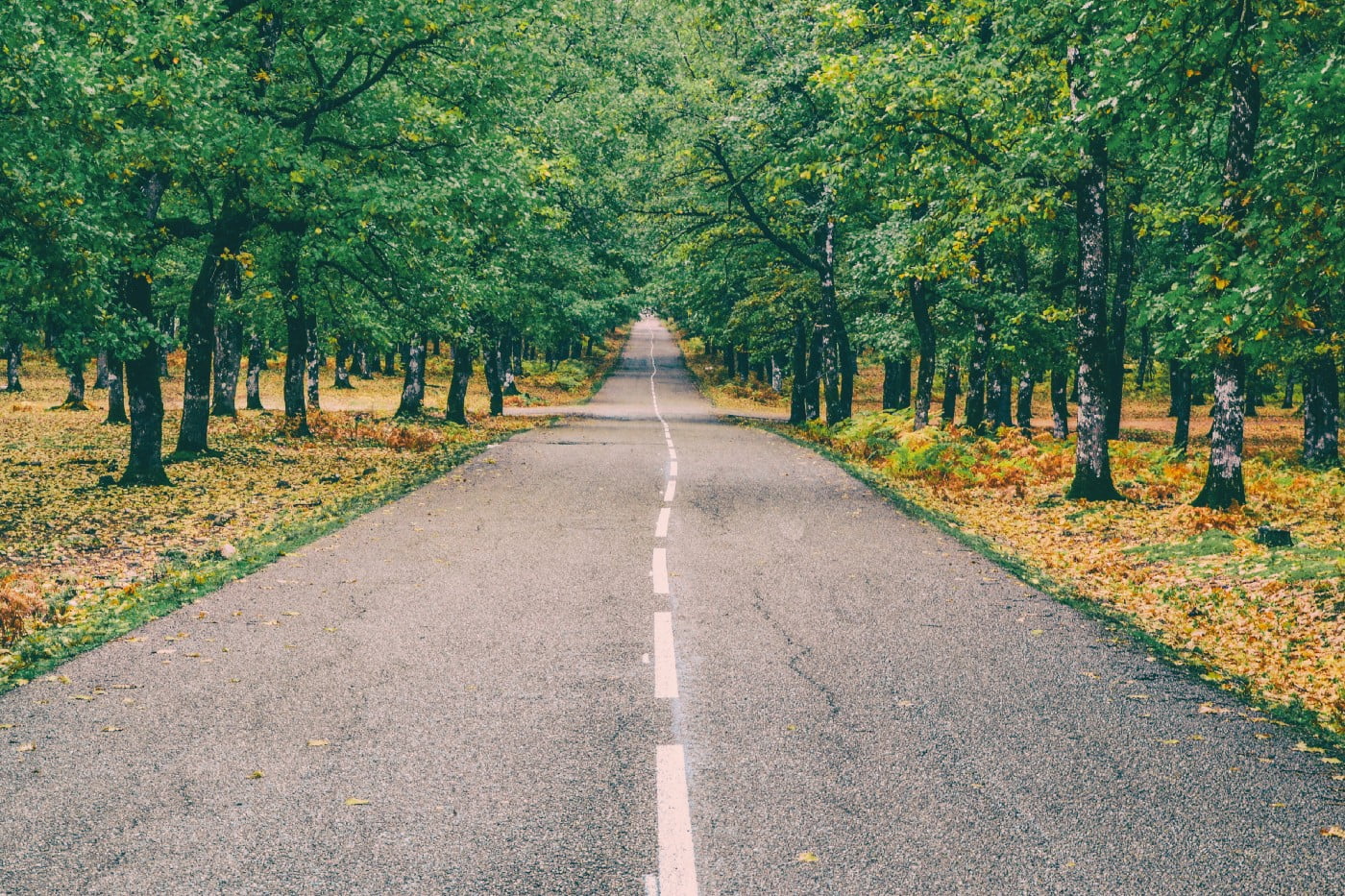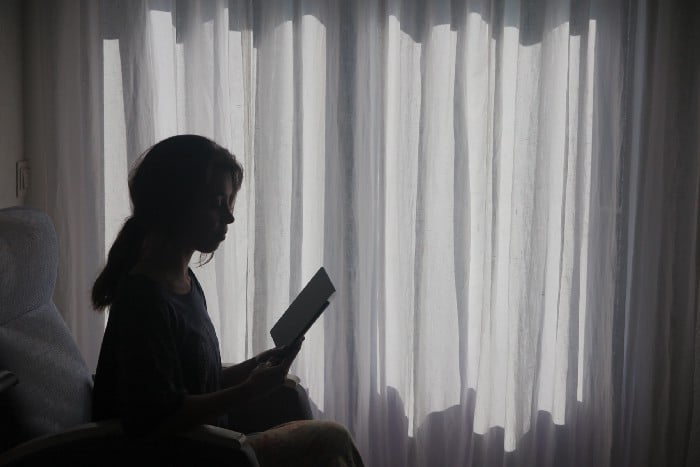
So You Want to Be a Poet
You can do it! But maybe do these things first…
So you want to be a poet. You have decided that you’re going to become the next great Instagram poet and land a lucrative book deal. You want to bring poetry to the masses and maybe even get on stage and perform some spoken word. Great! Poetry is finding its way back into the hands of the general population (and they’re liking it) which makes this little poetry editor’s heart happy. But before you embark on your poetry writing journey, there are probably a few things you should do.
Read some poetry
I know, I know — this one seems painstakingly obvious, but there’s a surprisingly large amount of people who wake up one day and decide they would like to be a poet having never even liked the art form much in the first place. Don’t be like those people. Read some poetry. Figure out if you like villanelles or free verse, modernists or romantics, 21st century or 20th-century poets. Read deep and wide until you feel like you’ve read so many poems you can quote some word for word. Study poets and their lives. Read from underrepresented groups. Meditate on the single word that strikes you in a poem, spend hours thinking about the ending couplet of a sonnet that won’t let you go.
Read some work on crafting poetry
This article is a good start, but there’s a lot of wonderful books on poetry craft. A good place to start is a book called How to Read a Poem by Edward Hirsch. While not a literal craft book — it is focused on getting its reader to fall in love with poetry, after all, not write it — this book gets into the nitty-gritty of what exactly makes a poem. It’s an excellent read for the aspiring poet and is, as the author puts it, a book of readings. This will definitely help you with that first point above, read some poetry! As Hirsch puts it, “Poets speak of the shock, the swoon, and the bliss of writing, but why not also speak of the shock, the swoon, and the bliss of reading?”
There are numerous other wonderful poetry craft books. If you are interested in writing prose poetry (what’s that, you might ask — well maybe you should read a book all about it!) take a gander at The Rose Metal Press Field Guide to Prose Poetry. While you’re at it, go ahead and read all of the Rose Metal Press Field Guides — any writer can use a field guide to help them navigate writing. Or maybe take a look at Poetry and the Fate of the Senses by Susan Stewart to examine poetry through the ages and how it captures our senses in a way no other form can.
Collaborate
Hands down one of the best experiences of my writing career was taking a collaborative poetry class during my senior year of college. This class forced me into collaboration with my writing. We wrote poems as an entire twenty some odd person class, we wrote poems in partnered pairs, we wrote poems with the newspaper, we wrote poems on a recorder back and forth at a picnic table in the Colorado sun.
When you’re new to writing poetry, like I was at the time, collaboration can open your eyes to a whole new way of both reading and writing poetry. This class shaped my beliefs about what is the most essential and beautiful part of poetry. It helped me understand why poetry is such a uniquely wonderful form of writing — one that has been around for hundreds of years and yet can be fresh and new each and every time I open up a new book of poetry.
Maybe take a poetry workshop or class
If you like the idea of collaborating but don’t know where to start, enroll in a class. Check out your local college, community center, or writer’s group. Here in Colorado, we have poetry book stores and co-ops that frequently have events geared towards adding arrows to participants’ poetry quivers. If you’re in an area that doesn’t have a large poetry scene, look into starting a group! There might just be a gaggle of poets you encounter at work, school, or church that you didn’t even realize were fellow writers. Or maybe check out online offerings — I recently attended a workshop online from Iowa City Poetry from several states away, or you could look into enrolling in a Master Class or other online class. There are tons of options if you simply look!
Finally, write some poems
This last part will probably be the hardest, most infuriating step of all. The actual act of writing is hard. It’s even harder when you’re first starting out and don’t yet know what your voice sounds like. Sure, you have a voice. We all do. But each person’s actual, physical voice is different — some are melodic, some are a deep bass, some are a high soprano, some are scratchy, some are grating to the ear. Just like your speaking voice, your writing voice is unique. At first, it may not seem like it. Most writers — poets or otherwise — start out by modeling their writing after other writers. That never really goes away, even after years of writing, but your words start to standout as time goes on and drafts are created, trashed, and created again.
Once you have been writing poetry for a little while, your work will start to be compared to other writers less and merely influenced by them. The few strong and true fans who are with you through it all will be able to pick your poem out of a figural police station line up. “That one! That’s _____’s poem!” They’ll say when they read a literary magazine you’ve been published in. You’ll get there after much trial and error. It takes time, frustration, tears, and a good amount of sticktoitiveness, but you’ll get there.
So, you want to be a poet
Then go for it. Believe that the world is yearning for your words as much as you are yearning to write. Read some poems, collaborate, study craft, maybe meet some other poets, and start writing. The best poetry starts with an idea and a dream; and ends with putting pen to paper. You can do it!





